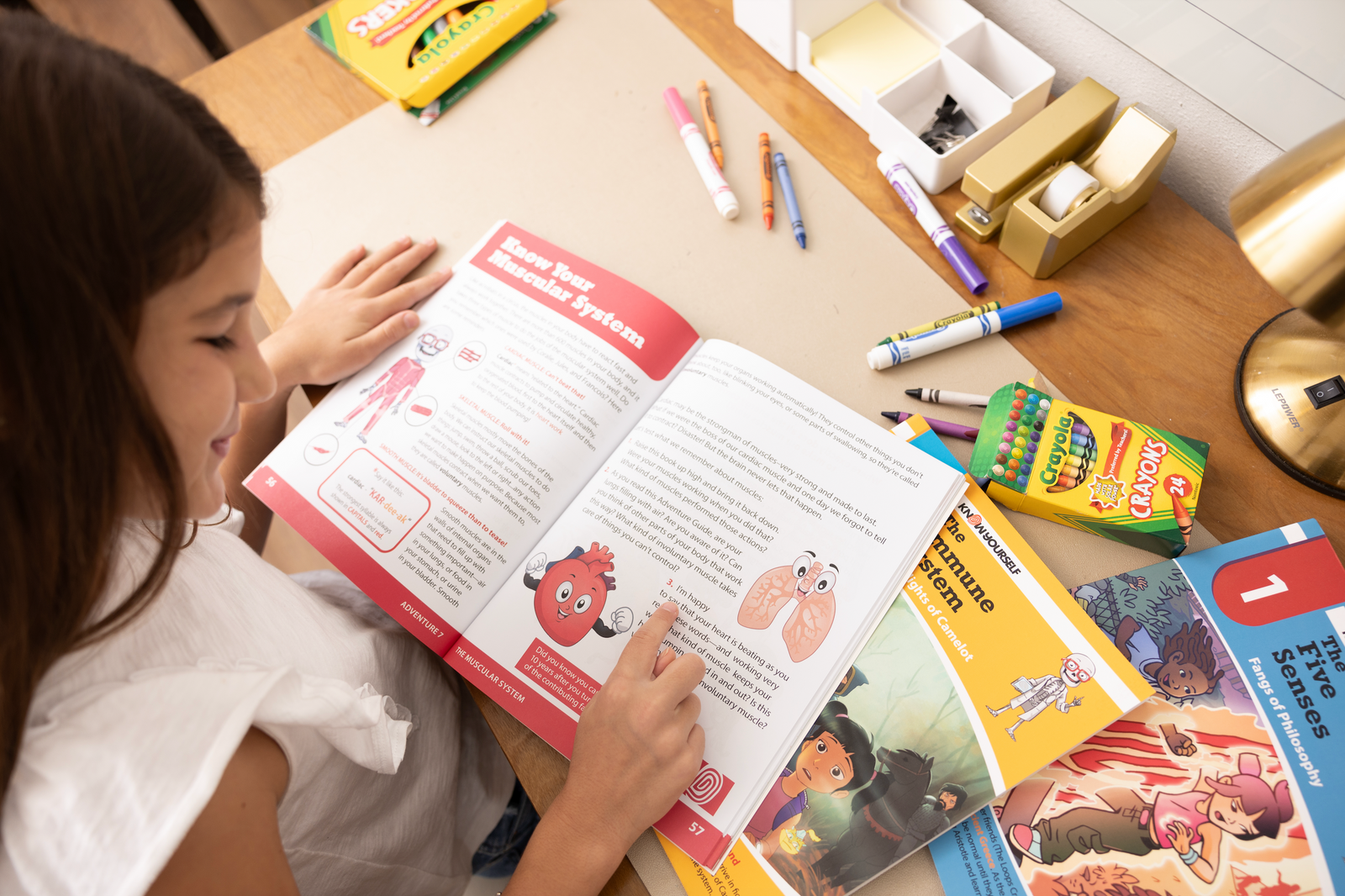
We are facing a health crisis among our children. Physical and mental health problems are on the rise, driven by rapid societal and technological changes. Addressing these issues begins with fostering health literacy from an early age. Teaching children early about their overall health including their bodies lays a foundation for healthier lifestyles and smarter decisions, preparing them for their futures.
The Physical Health Crisis
The statistics are alarming. The prevalence of obesity, diabetes, and sleep deprivation among children is increasing rapidly. Juvenile diabetes has surged by 95% over the last two decades, and over14 million children under twelve are now classified as obese. Additionally, 70% of teens and tweens suffer from sleep deprivation, often unaware of its negative impact on their health and performance. A significant contributor to these problems is a lack of understanding among children about the importance of a balanced diet and proper sleep.
The Mental Health Crisis
Equally troubling is the escalating mental health crisis. Rates of depression, anxiety, self-harm, and suicide among young people are increasing, with technology addiction being a major factor. Approximately3 million youth struggle with severe major depression, 6 million children aged 3-17 have been diagnosed with anxiety in the past five years, and nearly 2 million adolescents attempt suicide annually. These figures highlight the important need for mental health education alongside physical health literacy.
Societal Changes and Their Impact
We live in a time of rapid technological and societal change, further complicating the health literacy of our children. While advancements in AI, biotechnology, and food production have provided numerous benefits, they have also introduced new challenges. Children have difficulty making informed health decisions because of unhealthy food choices and the abundant influx of new products. Additionally, the manipulative tactics of technology companies, such as gamification, notifications, and social pressure, exacerbate the mental health crisis.
Preparing Children for the Future
To help guide our children through these challenges, we must emphasize health literacy from an early age. Elementary education is ideal for establishing a foundation for better health choices. Key topics to cover include:
Physical Health Education
- Human Anatomy:Understanding what the body is made of and how different systems function. Programs like Know Yourself introduce children to the basic anatomy and organs of the body.
- Nutrition: Educating children about balanced diets, the importance of various nutrients, and how to read food labels. Also, they should be educated on the impact of sugar and strategies for making healthier food choices.
- Movement: Educating about natural physiology, the benefits of different types of movement, and incorporating physical activity into daily routines.
- Sleep, Rest, and Recovery: Explaining what happens during sleep, the consequences of poor sleep, and strategies for improving sleep quality.
Mental Health Education
- Brain Power: Techniques like meditation and heart/brain coherence to help children manage their thoughts and emotions.
- Technology: Teaching about the impact of technology on the body and mind, best practices for using tech hardware, and managing time on social media and video games.
- Outdoor Activities: Encouraging engagement with nature to promote mental well-being.
- Perspective and Environment: Fostering online skepticism and understanding how the environment contributes to mental health issues like stress and lack of sleep.
- Drugs: Educating about the natural chemicals the brain produces, such as dopamine and serotonin, and their roles in mental health.
Future Societal Changes
Health literacy also equips children with the knowledge and skills to manage a future shaped by AI, biotechnology, and many lifestyle choices. Understanding the basics of biology and health empowers them to make informed decisions about their well-being as they grow. This foundation enables children to critically evaluate the numerous options they will encounter regarding food, technology, and personal health, helping them maintain autonomy over their health and make choices that support their long-term wellness. As the world continues to evolve, these skills will be important in adapting to new health challenges and opportunities, ensuring that children can confidently navigate a rapidly changing environment while prioritizing their overall well-being.
By integrating health literacy into early childhood education, we equip our children with the tools they need to combat the physical and mental health crises they face. This foundation promotes healthier lifestyles and smarter decision-making and prepares them to thrive in a rapidly changing world. Health literacy is not just an educational priority but a vital investment in our children's future well-being and success.









Leave a comment (all fields required)